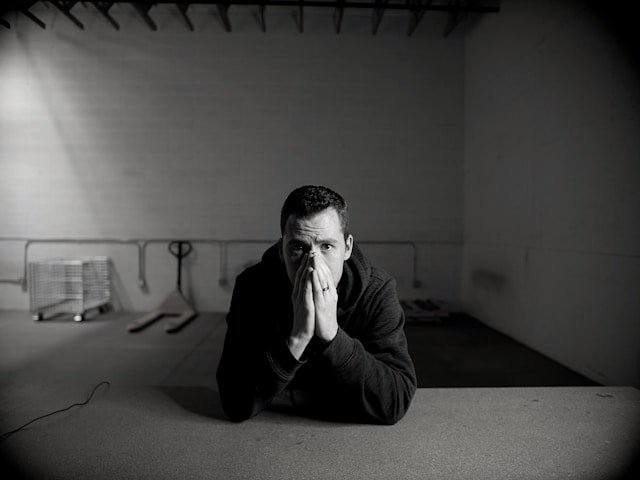Baku, August 15, 2025 — Unemployment in Azerbaijan continues its upward trajectory. As of August 1, 2025, 231,300 people were registered as unemployed with the State Employment Agency — a 5.9% increase compared to the same time last year.
Women make up nearly half of this figure (49.7%), up from 45.3% in August 2024. Meanwhile, July alone saw an additional 2,200 unemployed, reflecting a 1% month-over-month rise.
The average monthly unemployment benefit has also increased, now standing at 437.1 manats, compared with 407.4 manats in August 2024.
But What About the Broader Unemployment Rate?
Despite growing registration, the overall unemployment rate has remained stable at approximately 5.3%, according to both IMF and World Bank data. This aligns closely with projections that estimate a 5.6% average for 2025.
This suggests that while more people are formally seeking job support, the labor market’s overall capacity to absorb workers has held up.
What’s Driving This Contradiction?
Economic reliance on oil and gas: With hydrocarbons still accounting for a large portion of GDP and exports, fluctuations in global energy prices continue to significantly influence hiring trends.
Need for economic diversification: Though Azerbaijan has taken steps to expand beyond the oil sector, challenges persist—especially due to a workforce where just 14–15% have higher education, limiting adaptability.
Sectoral labor shifts: Growth in private services, technology, and light industry may be stabilizing employment overall, even as certain regions or demographics face slower recovery.
What Lies Ahead?
The facts suggest a complex labor market: rising registered unemployment paired with a stable overall rate. As Azerbaijan broadens its economic base, continued progress will depend on strategic investments in education, skills training, and private-sector job creation.
In short: the number of registered unemployed is growing, but the overall employment landscape remains relatively stable — a reminder that deeper structural reforms are now more important than ever.


